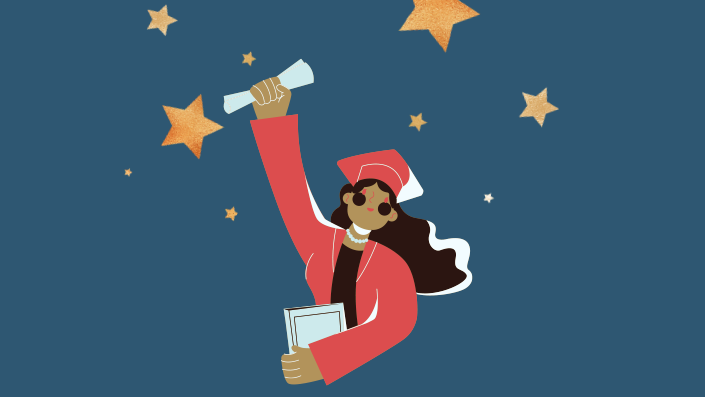It’s back-to-school season, and if your students are coming home with books in their backpacks that channel their interests and enthusiasm into learning and literacy, there’s likely a school librarian to thank. There’s no better time to stop and celebrate school libraries and librarians. Here are just five reasons they’re the heroes we need now more than ever.
Information literate students are better prepared for college, career, and life
Post-secondary institutions, employers, and civic life demand the ability to find, evaluate, use, and create information in multiple formats. School librarians prepare students for their next life stages by teaching information, digital, and media literacies, as well as digital citizenship.
Students value the school library as a safe space
Students who feel safe and well-supported are more engaged in school and perform better academically. School librarians provide judgment-free learning spaces, curate resources that nurture student health and well-being, and promote reading for pleasure.
New technology introduced by school librarians elevate student learning and enhance teaching methods
When librarians vet and introduce new educational technologies, students learn to safely and constructively navigate tools and resources that deepen inquiry, collaboration, and creation. In turn, teachers can enhance classroom teaching with resources provided by the school librarian
Students find resources appropriate to their needs in a school library
School librarians curate diverse collections that provide mirrors, windows, and doors so that all students better understand themselves and the world around them. In so doing, school librarians empower students to embrace curiosity and learn independently.
Students achieve more in schools with libraries and librarians
Students with professionally staffed school libraries have higher reading, writing, and information literacy scores, as well as higher graduation rates. Studies show that Title I students and English language learners recognize even greater academic gains with a certified school librarian.
Schools with a strong school library program and a certified school librarian ensure their students have the best chance to succeed. If your children’s school doesn’t have a school library or school librarian-or the school library budget has been slashed-become an advocate!
For more news like this, be sure to sign up for our newsletter.
Adapted from “Students reach greater heights with school librarians (PDF)” by the ALA Committee on Library Advocacy
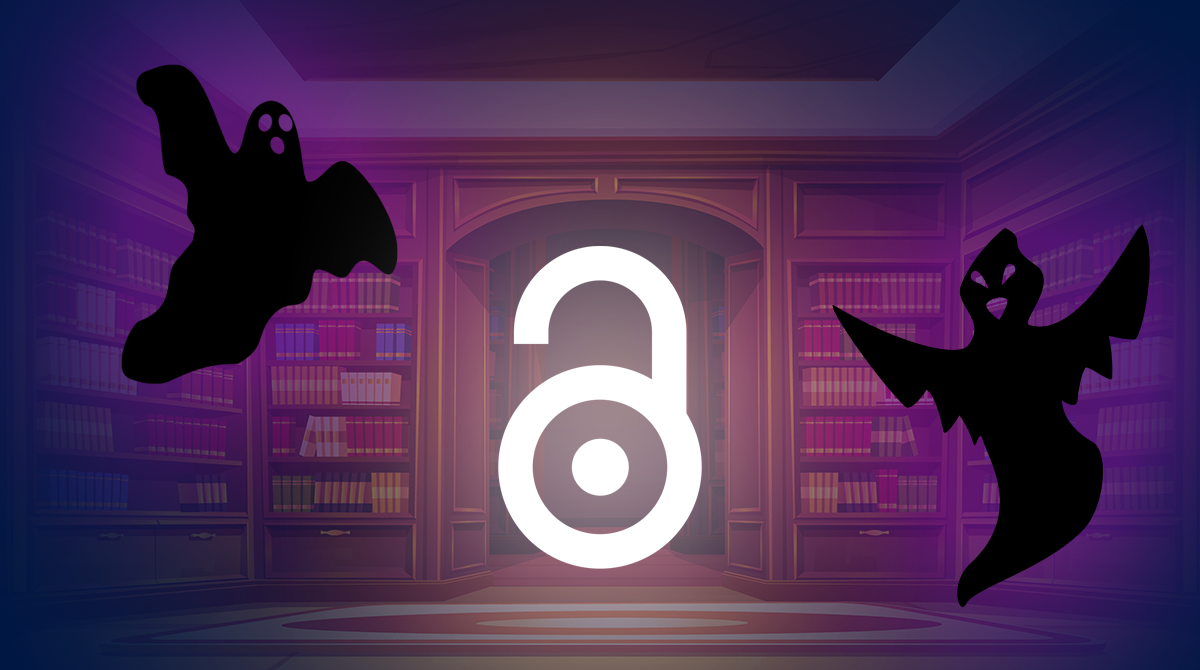
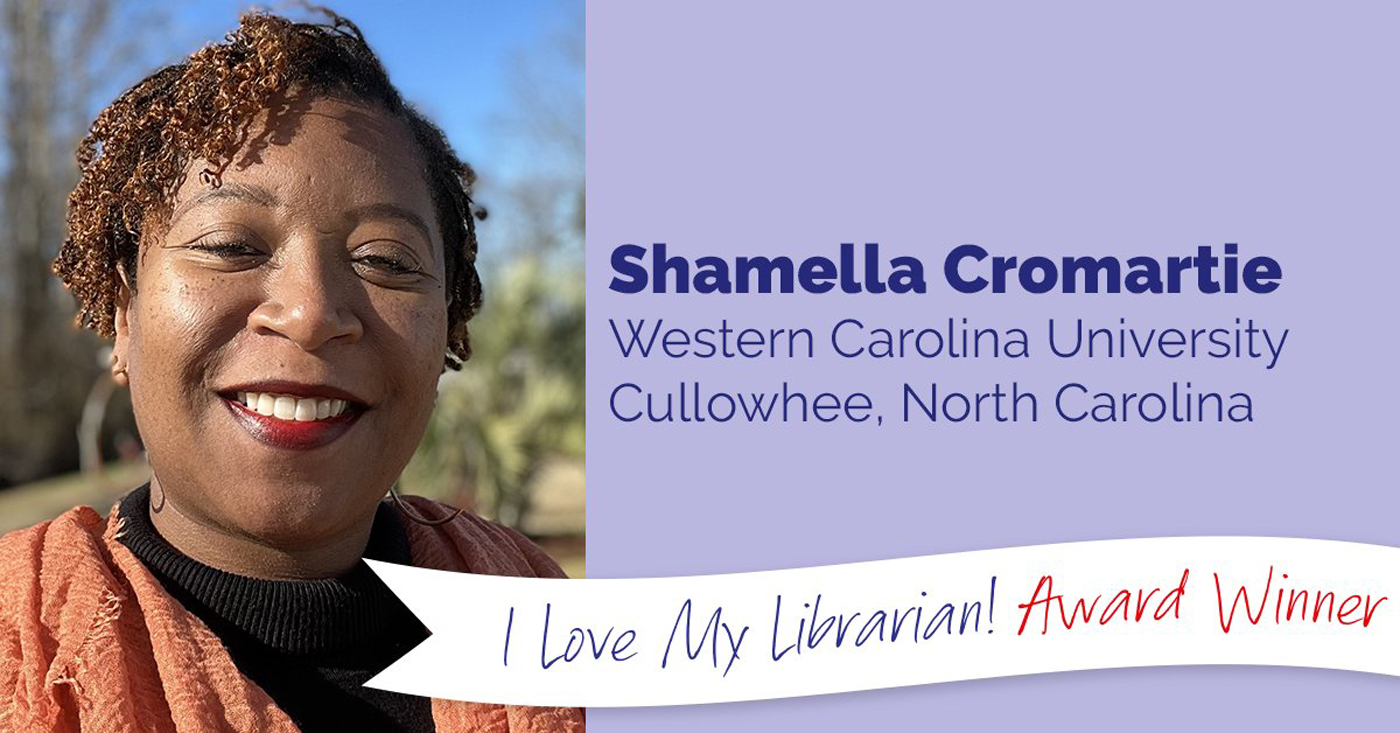

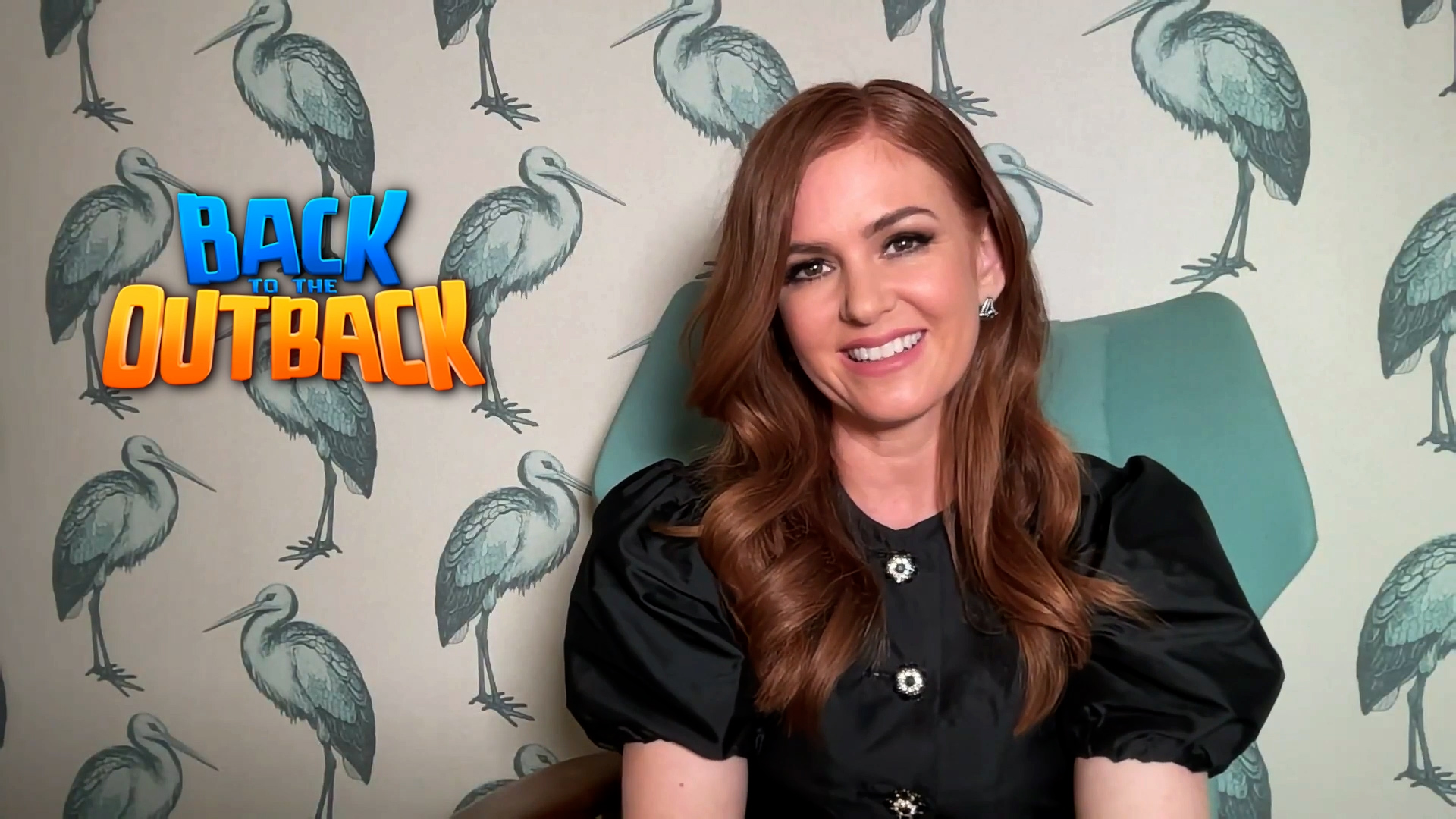
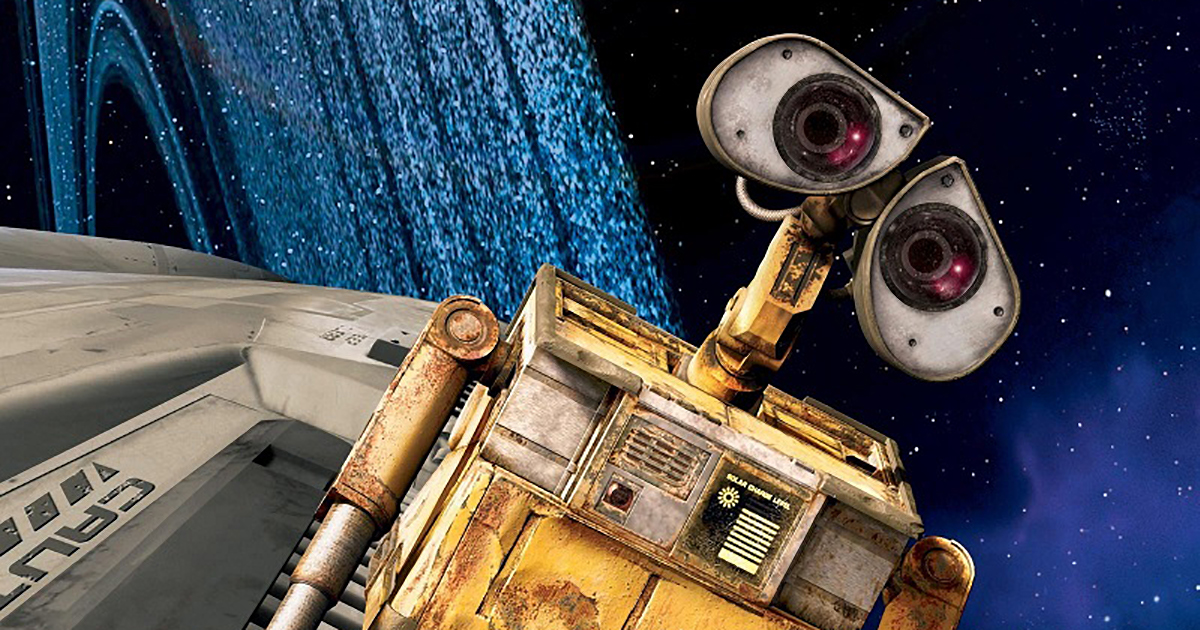
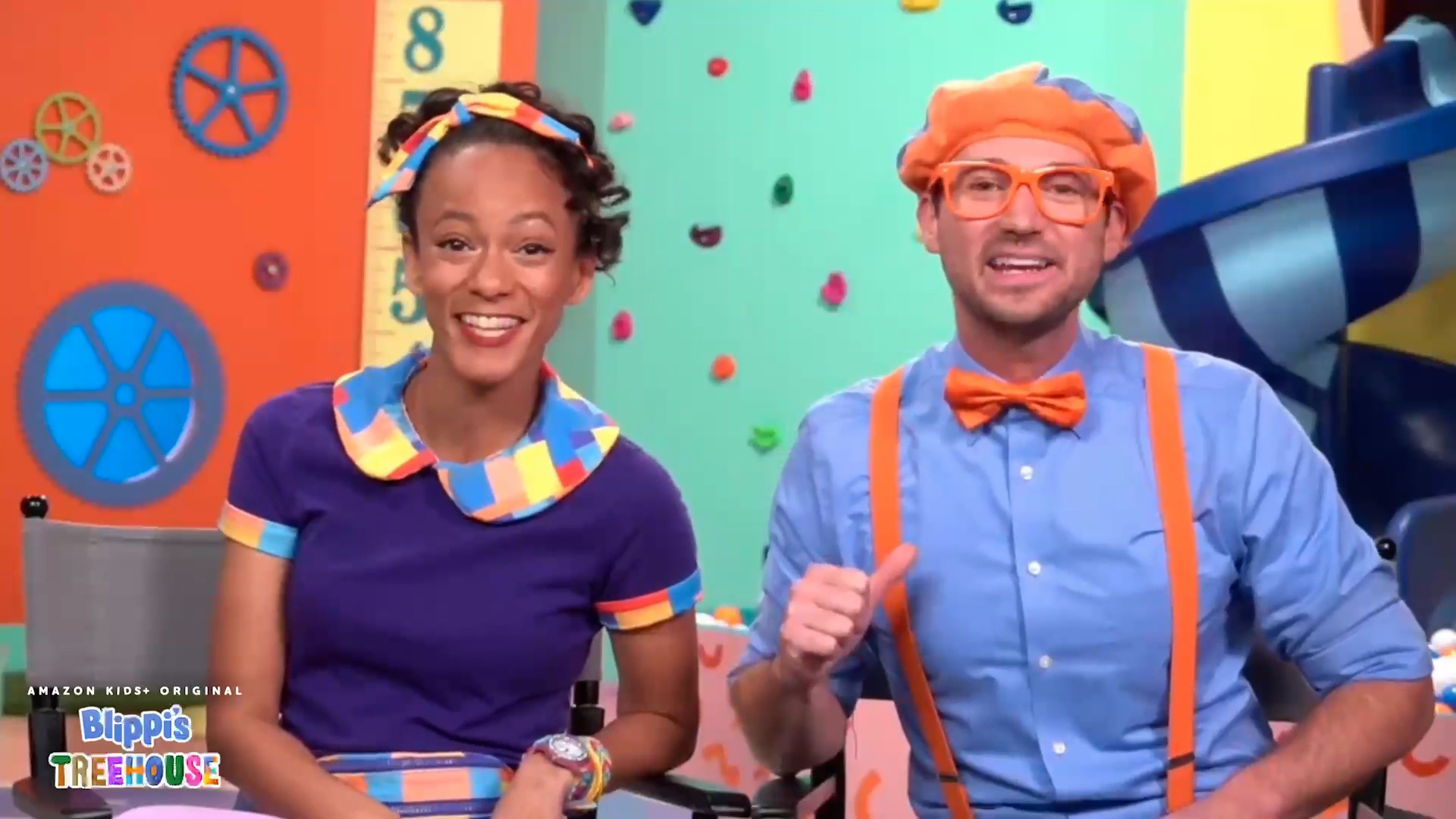

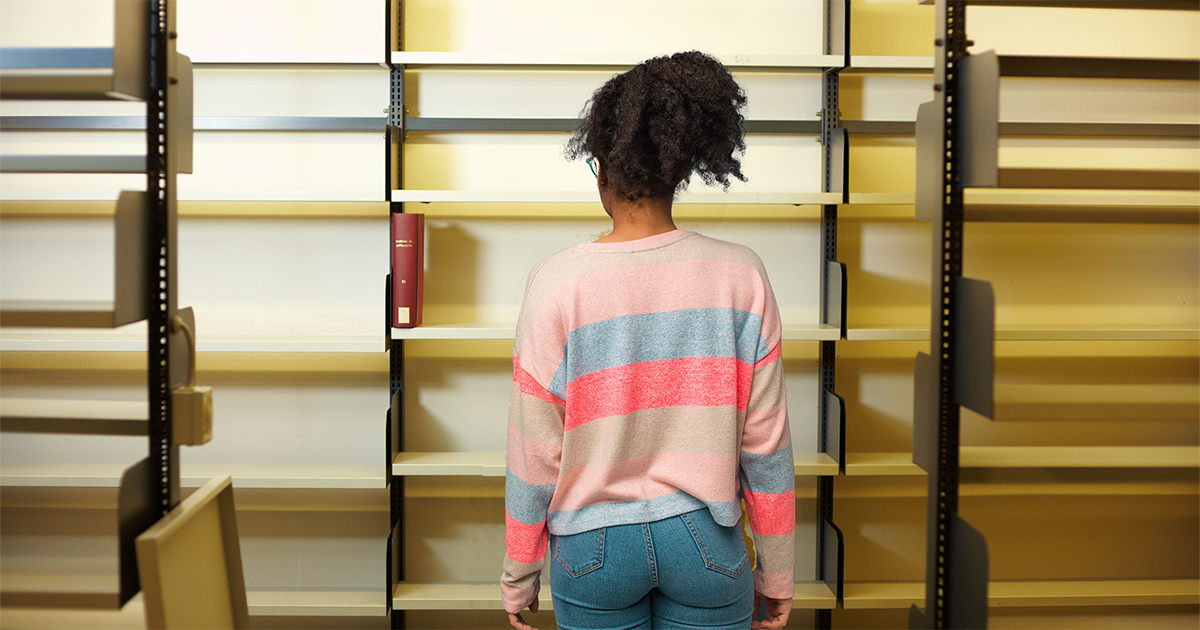
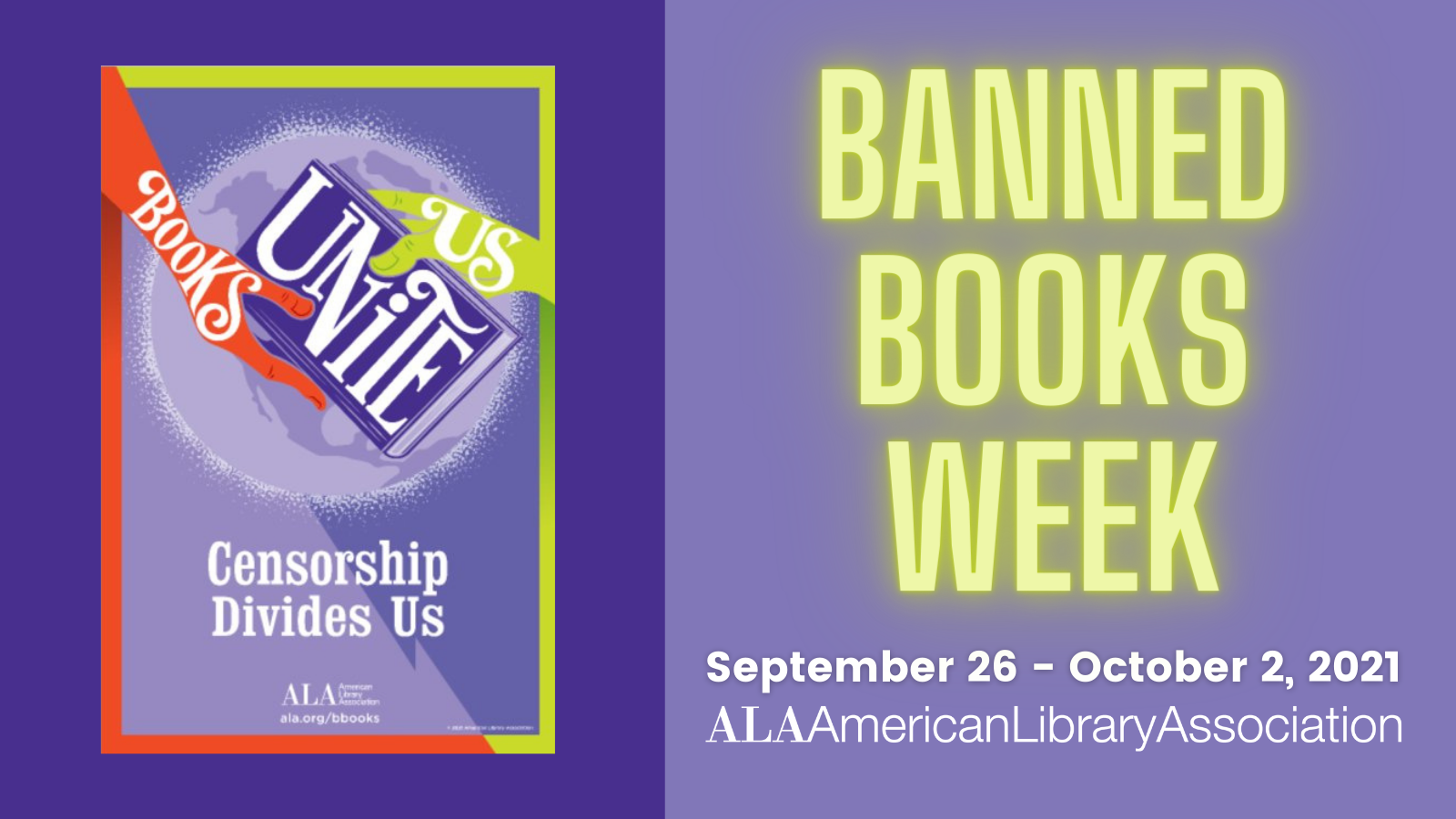


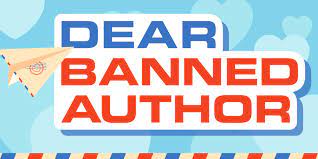 Dear Banned Author
Dear Banned Author